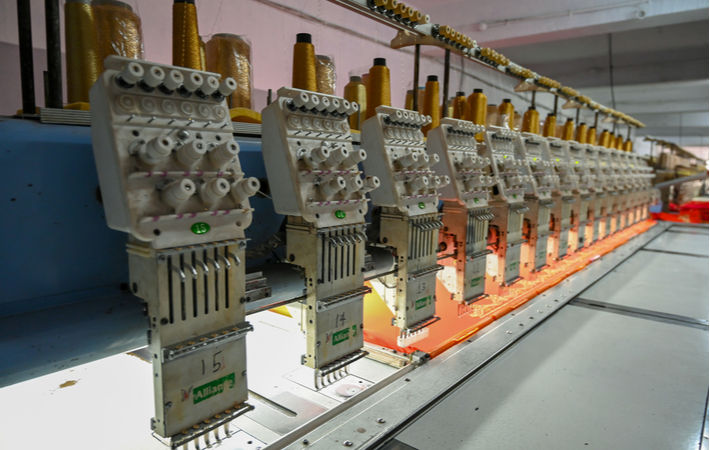Once cabinet nod is obtained, the Indian textiles ministry should take urgent measures to accelerate the initial formalities so that the planned seven Mega Integrated Textile Region and Apparel Parks (MITRAs) are set up within a definite time frame, the parliamentary standing committee on labour recently suggested. It suggested earnest endeavour to enhance cotton exports and gradually reduce imports.
The committee’s report was tabled in parliament recently. The government announced the MITRA scheme aiming to attract large investment of ₹10,000 crore and generation of 1,50,000 jobs in the sector to boost domestic manufacturing and create world-class infrastructure.The Indian textiles ministry should take urgent measures after cabinet nod to accelerate the formalities so that the planned seven Mega Integrated Textile Region and Apparel Parks are set up within a definite time frame, the parliamentary standing committee on labour has suggested. It suggested earnest endeavour to enhance cotton exports and reduce imports.#
Expressing concern that during 2020-21, only ₹24 crore could be disbursed as MUDRA (Micro Units Development and Refinance Agency) loan to 4,278 sanctioned loans, the panel said the matter should be taken up at the appropriate level so that appreciable disbursements are made under the scheme for the benefit of handloom weavers.
The report also said the textiles ministry should make the census process of handloom weavers more robust and foolproof to ensure genuine identification of weavers and actual dissemination of resources to them.
Such low offtake of the MUDRA loans has been attributed to the COVID-19 pandemic, it said, adding the ministry has deposed that setting a target for banks will definitely help improve the disbursements under the MUDRA loan scheme.
It also said the ministry should earmark a part of the Budget allocated under the Amended Technology Upgradation Fund Scheme (ATUFS) for research development on upgradation/modernisation of the textile industry so that the import of high quality machinery can be decreased gradually, according to a news agency report.
Further, it said anti-dumping duty, inverted duty structure, differential tariff rates, high labour and power cost and inadequate logistic arrangements are ‘seriously’ impeding domestic textile and apparel industry to compete with international counterparts.
Fibre2Fashion News Desk (DS)
